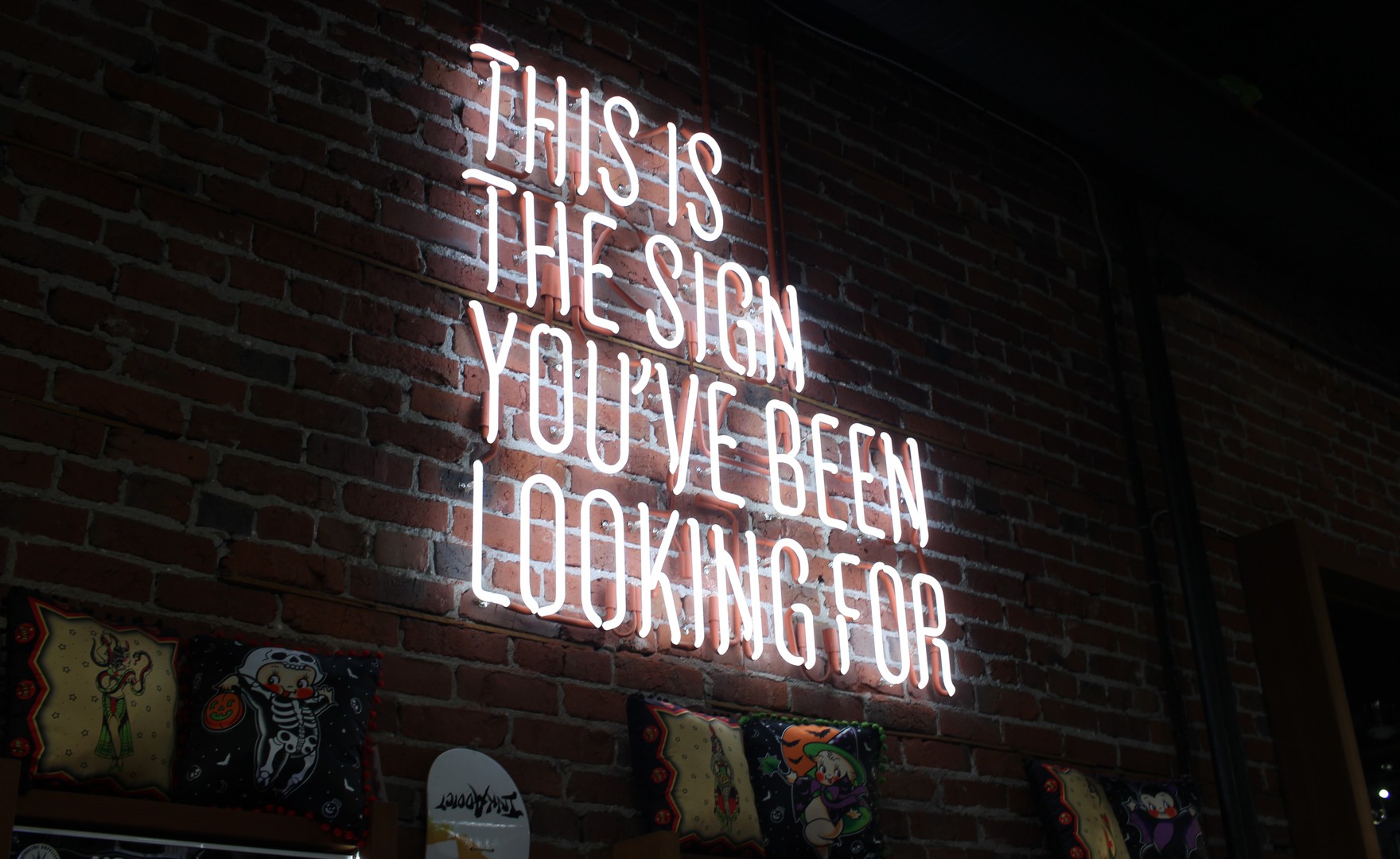The AoEC’s consultancy services are offered to organisations and feature a portfolio of tailored coaching based solutions and products that can serve to address a multitude of issues facing both large and small businesses today.

A year on from the first lockdown, the coronavirus pandemic has exposed deficiencies in the 20thcentury vision of leadership. So much so, that a recently published white paper from CEMS reveals we need to rethink our leadership style to deal with the challenges and opportunities the new normal brings.
The Leadership in a Post-Covid-19 World report draws on insights from across the CEMS Global Alliance in Management Education, which is a global consortium of business schools, companies, non-profits, and alumni. Canvassing the opinions of 1,711 members of its community, CEMS has found that Covid-19 is leading to a shift in the way business managers think about leadership.
Where harder skills such as technical skills and authority were prized before the pandemic, softer skills, more human attributes, and competencies have accrued greater value in the wake of the crisis. Survey respondents spoke of the need to balance “traditional” leadership qualities with more “humane” characteristics and as a result, qualities such as empathy, the ability to communicate and resilience have leapt up the ranks of importance.
In digging deeper, CEMS also conducted two supplementary pieces of qualitative research – expert panel discussions around the initial findings and a series of in-depth interviews. This found that core humane skills remain frontrunner leadership competencies for the “new management” to lead the new normal which included altruism and mindfulness and that investment in human capital should be chief among leaders’ priorities to unlock organisational resilience and innovation in times of uncertainty.
For organisations to successfully navigate the new normal, business leaders must take this opportunity to question the status quo and set the right priorities and mechanisms to empower a leadership style that will allow them to develop and prosper in the times ahead.
In sharing its findings, CEMS has also made recommendations for business leaders for 2021 and beyond. These include the need for leaders to work on themselves by prioritising introspection and self-reflection. Leaders can identify their strengths and determine the areas where there is room for improvement by asking critical questions of themselves such as:
- What is my style?
- What are my values?
- Do my people feel respected, valued, and trusted by me?
- Do I micromanage or give people the space to experiment, learn and grow?
Leaders must also build psychological safety for their people to be their best selves and perform well under pressure. A safe culture and environment are achieved by identifying the challenges team members face and bringing them into the open and by modelling transparency, accessibility and empathy in all interactions and communications with others. These actions will safeguard engagement, innovation, productivity, and prosperity in the new world of work.
Leaders should also be mindful of the unprecedented uncertainty the pandemic has brought with team members facing more challenges than ever before. By being tolerant of failure and reframing it as learning and by encouraging an entrepreneurial mindset in others, leaders can empower their people to try new approaches, develop new skills and accept responsibility without fear of blame.
Karen Smart, head of consultancy with the AoEC commented: “Leaders who are able to respond to crises such as this with empathy, agility, creativity and honesty will thrive in the post-covid pandemic. The competencies that are shown to be more highly valued in this report are based on a coaching approach and leadership can no longer be founded on a commanding authority and preoccupation with results and profits. It is critical that we leverage the valuable lessons the pandemic has offered and build on the opportunities it brings by embracing a mindset and behaviour that is more human.”
Article
Why coaching skills stick: the power of learning that lasts
3rd July 2025 by Lee Robertson
Some learning fades fast. You read a book or attend a workshop, take a few notes, and by the following…
Article
How to maximise the business impact of coaching in your workplace
17th June 2025 by Lee Robertson
Coaching has firmly established itself as one of the most effective ways to unlock human potential at work. But simply…
Article
Choosing the right coaching format: group or team?
17th June 2025 by Lee Robertson
As the demand for coaching grows, so too does the variety of formats it’s delivered in. One-to-one coaching is now…